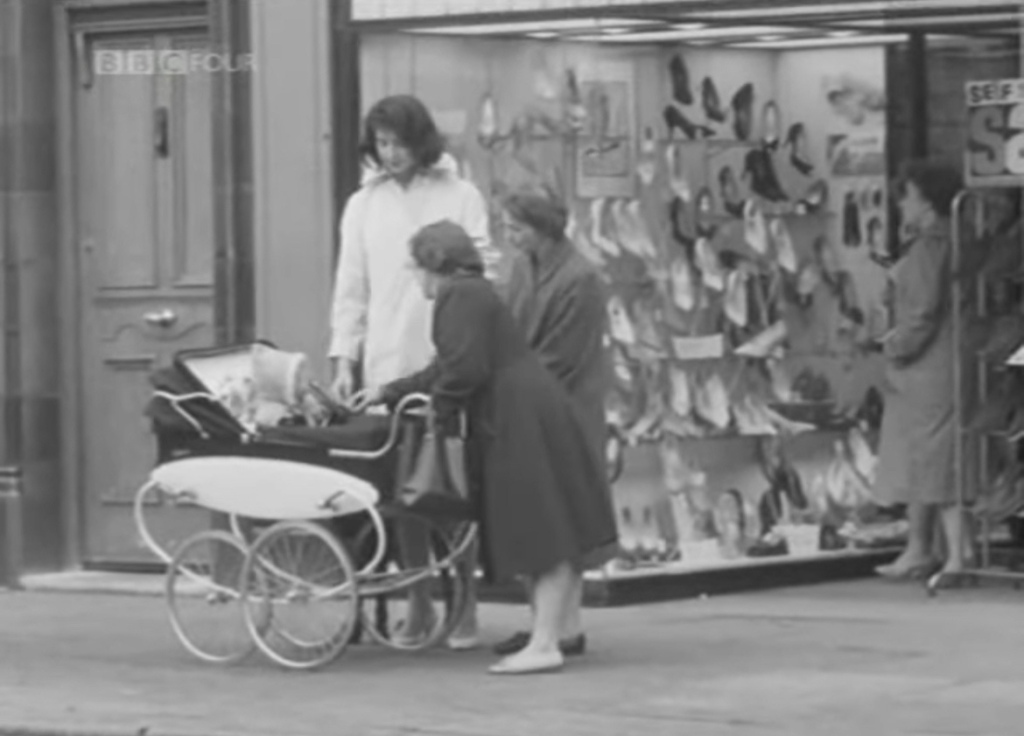
As it says in the poem, I was searching for heroes…hoping to do a performance of poems in which I honoured the heroes that influenced my writing…sadly they were nearly all (not entirely) men…so I had a think and I remembered Shelagh Delaney, the eighteen-year-old girl who wrote a play and sent it off (bearing in mind this was the late fifties) to the only person who might have given it any consideration…Joan Littlewood, the creative director of the Theatre Workshop, in the Theatre Royal at Stratford, East London.
The play A Taste of Honey was performed at the Theatre Royal and moved t the West End before being made into an amazing film by Tony Richardson.
FINDING SHELAGH DELANEY
In my search for heroes, I am disappointed
To find that almost all of them are men:
Until I remember a woman who knew
How to break a taboo or two…or three
In her play…and later film, A Taste of Honey.
So off I go desperately seeking Shelagh
The Madonna of those without a voice;
A calm young woman among those angry young men
Of the ground-breaking fifties. To get to know her better,
I read her biography and search for her on YouTube
And find Shelagh Delaney’s Salford a short Monitor film
For the BBC, directed by Ken Russell.
Throughout this dour filmic portrayal of her home city,
I watch her, as she approaches the railway station;
This restless wraith, looking for an escape route
From the cobbled setts and dripping back alleys
She both knows and loves and yet realising
That deep down she would always miss them.
As they say, “You can take the girl out of Salford…”.
At the station, above whose ingrained sooty walls
The local civic dignitaries and press believe,
Shelagh gets her ideas from, she contemplates flight.
But as someone of profound influence once said,
‘Prophets are never accepted in their homelands’.
And as it has since been made patently obvious,
Female prophets find it that much harder.
Sequestered from dirty old town to gleaming estate,
She understood why many would still make that bus ride
To return to their old saloon bar-haunts, those standing stones
That remained on the derelict slum clearance wastelands;
Fallow fields waiting to be seeded with tower blocks.
They sought hiraeth, that sense of belonging,
And the lost camaraderie, amputated from their lives.
They wanted to hear those daft unfettered voices
Filled with joy and sometimes seething with rage.
For all its clever direction and cinematography
It was the dialogue that Shelagh handed back to them…
Northern voices, loud and proud…and she got them bob on!
Because she wrote how people really speak in Salford
Without the need for clarity from a clipped BBC voiceover.
Outside the shoe shop, Shelagh takes a moment.
The intrepid explorer, white-coated, interacts with
Dark-clad native women who huddle and fuss
Around a baby in a coach-built pram.
Like a posing anthropologist, she towers over them,
These pygmies of the Irwell River and not the Congo.
Each one, no doubt, has a story of their own to tell,
In those voices heard only in the music hall
Or on the Light Programme on the wireless.
Voices as relevant to the men in high places
As the ‘doo-da’ strains of The Black and White Minstrel Show.
Each woman has their own Taste of Honey within them;
Their tales raucously told at the wash-house
Or in the lounge bar at the working men’s club
But only on the nights when women are allowed in.
Shelagh is the tall white poppy waving in the wind,
Waiting to be scythed down by the establishment
For daring to bring unmarried mothers, blacks and gays
To screens that had ever denied their existence.
Non-plussed, they interview her with their plummy accents
Asking if she had been given any help with writing the play
(From men, being the assumption here) or
Whether she would soon be getting married
And so…the implication here being…
It would at least put an end to all this peculiarity
That they were now being forced to address.
At a time when Salford might as well have been
The Belgian Congo in darkest Africa;
A young northern working-class woman
Broke the glass ceiling of the metrocentric elites
And told the story of the pygmies of the Irwell
Not by overlooking, condemning or caricaturing them
But by making them interesting…making them real.
And guess what? The bricklayers and the cleaners all loved it.
The girl that failed the 11-Plus was given a chance
(And it had to be a woman that gave it to her…
For that Joan Littlewood take a bow.)
Where gender, race and sexuality are concerned
The Arts world is more diverse than it has ever been.
But what about the last taboo, the easiest one to hide
The one powerless to breach the brick wall of privilege
The poor relation…defined by a long-standing prejudice.
Where are the working-class voices?
Where are the Shelagh Delaneys now?
©graylightfoot


Great poem, Gray. Working class voices have more difficulty being heard now than at any time since the seventies. Ian
Ian Pye ________________________________